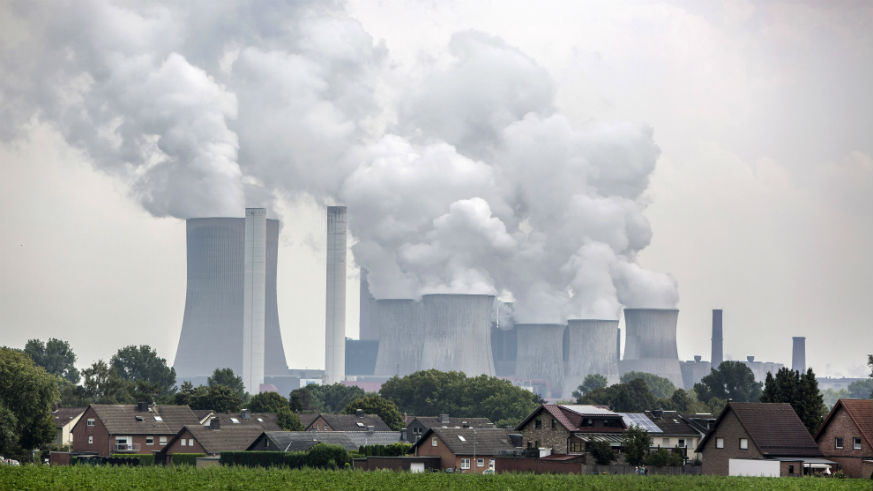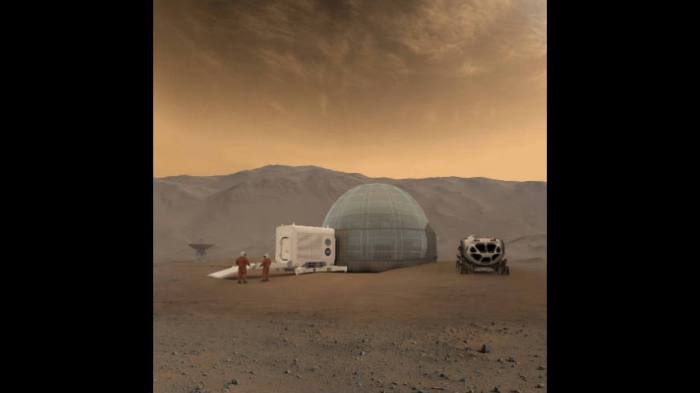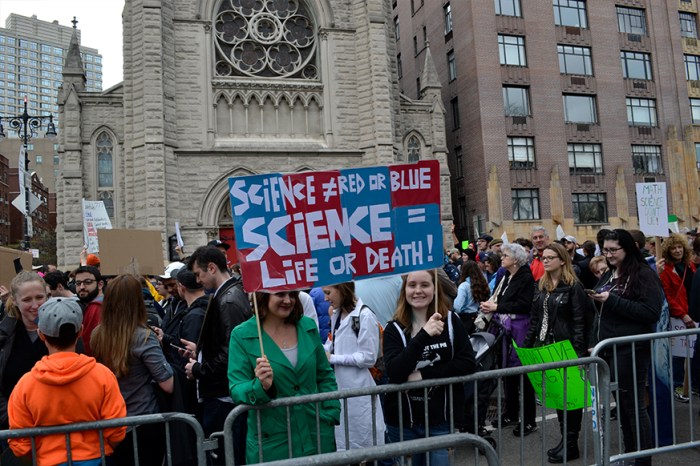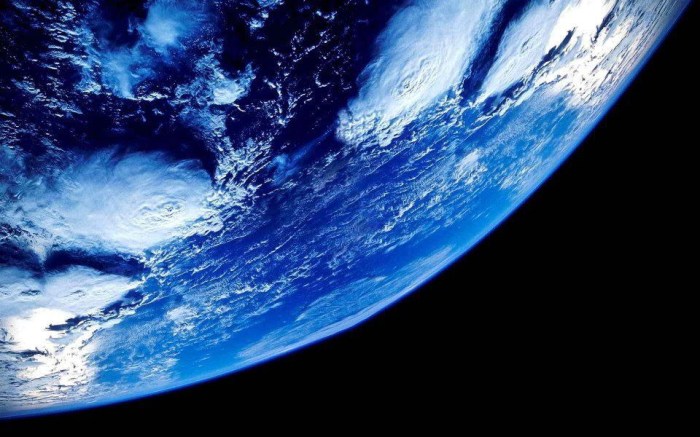The United Nations released a climate report this week, which states that the threat from global warming is worse than originally thought: The world has just a decade to make “unprecedented” changes to prevent a catastrophic warming of the earth.
The report, produced by the UN Intergovernmental Panel on Climate Change (IPCC), says that the planet will be 2.7 degrees Fahrenheit (1.5 degrees Celsius) hotter than pre-industrial levels as soon as 2030. Any increase beyond that will likely lead to severe drought and sea-level rise, extensive wildfires and food shortages.
The UN climate report was produced as part of the Paris Climate Accord, in which 197 nations agreed to keep global warming “well below” 2 degrees C and aim for below 1.5 degrees C. President Trump has since pulled the U.S. out of the agreement.
These are some of the UN climate report’s most important points:
1. Carbon dioxide emissions must be in cut in half by 2030
To keep global warming around 1.5 degrees C, global emissions of carbon dioxide must fall 45% from 2010 levels by 2030 and reach “net zero” around 2050. That would require widespread changes in energy, industry, buildings, transportation and cities.
2. The Paris Climate Agreement is crucial
“The window on keeping global warming below 1.5 degrees C is closing rapidly and the current emissions pledges made by signatories to the Paris Agreement do not add up to us achieving that goal,” said Andrew King, a lecturer in climate science at the University of Melbourne, in a statement.
3. Climate change has already happened
“One of the key messages that comes out very strongly from this report is that we are already seeing the consequences of 1 degree C of global warming through more extreme weather, rising sea levels and diminishing Arctic sea ice, among other changes,” said Panmao Zhai, co-chairman of IPCC Working Group I.
Even if temperatures are kept within 2.7 degrees F, 70 to 90 percent of coral reefs are expected to be lost and more extreme weather events like Hurricane Harvey and the South African drought will be common.
4. It’s possible to keep the temperature down — but not with Trump’s policies
To limit global warming to 2.7 degrees F is “possible within the laws of chemistry and physics,” said Jim Skea, co-chairman of IPCC Working Group III. “But doing so would require unprecedented changes.”
For example, major taxes on carbon emissions would be required, along with a huge shift away from fossil fuels to renewable sources of energy such as the sun and wind. The authors of the report concede that is politically unlikely.
President Trump is a climate-change denier. He has moved to staff the Environmental Protection Agency, and other areas of his administration, with people who don’t accept climate change. At the same time, he has attempted to boost the coal industry and to de-emphasize the adoption of renewable energy sources.


























